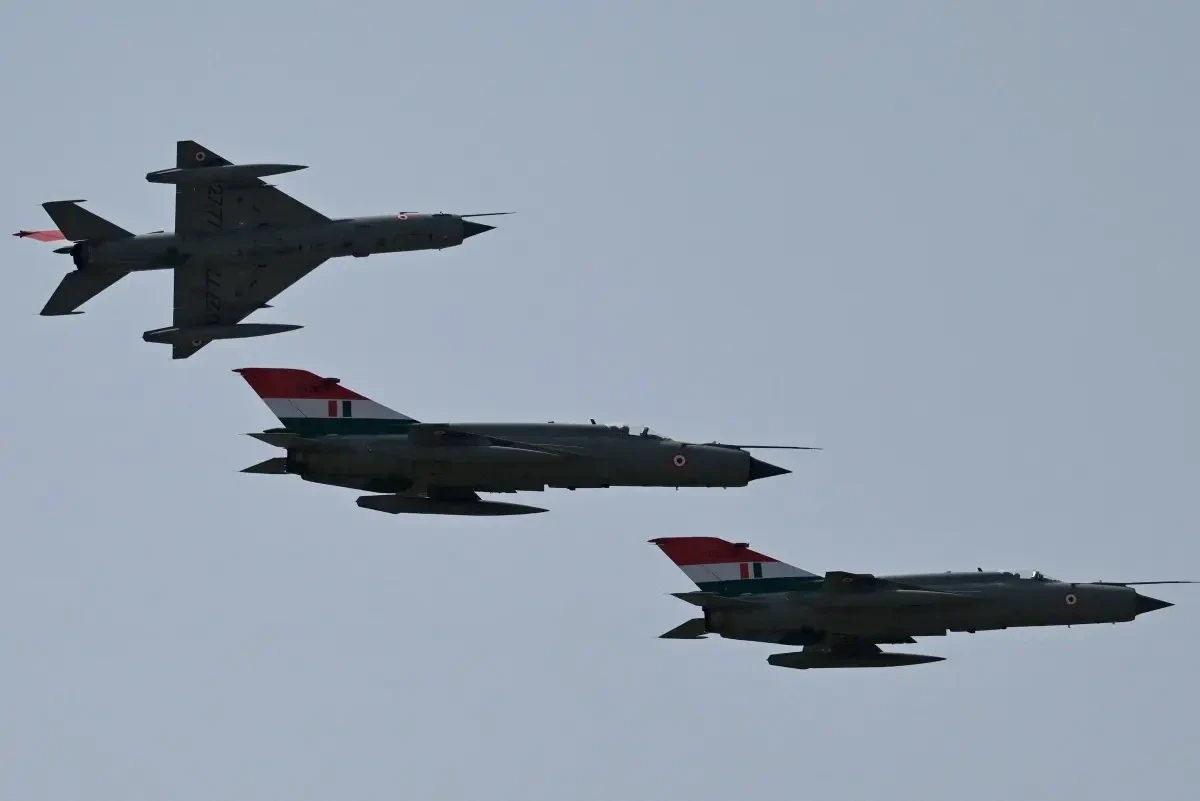Congress General Secretary, on Saturday, called India’s exit from Tajikistan’s Ayni Airbase “yet another setback” for India’s strategic diplomacy.
Established in early 2000, the Farkhor-Ayni Airbase was India’s first major footprint outside the subcontinent. Located near Tajikistan’s capital, Dushanbe, it was meant to give India strategic reach in Central Asia and a backup airbase near Afghanistan, at the same time, countering Pakistan’s influence. India invested nearly $70 million for renovation, extending the runway to 3200 meters, building air traffic control towers, laying new perimeter fence, constructing hangars and blast pens, and installing new navigation and communication equipment. The airbase was fully operational during 2010; there were reports of IAF personnel, Su-30MKI fighter jets, as well as military choppers being posted there. However, Russia retained operational control.
Why was India compelled to withdraw from its only overseas base?
During a press briefing in New Delhi, MEA spokesperson Randhir Jaiswal said that India had withdrawn from the base back in 2022, but the reasons for the withdrawal had not come to light until recently. Multiple sources have reported that there was a lease between India and Tajikistan, which expired in 2021-22; however, there are no definitive official documents available to attribute such claims.
So no official treaty was ever signed. When Russia renewed its lease in 2012, India’s limited access effectively narrowed. Beijing is opposed to India’s military presence on its western border. Tajikistan was formerly part of the Soviet Union, and is part of Russia’s Collective Security Treaty Organisation, a group of military alliances between former Soviet Union independent states. Tajikistan did not want to offend either Moscow or Beijing, and did not formalise any agreement with India. As neither Moscow nor Beijing would enjoy non-regional military personnel at the base, specifically in light of the 2008 US-India Civil Nuclear Deal. As the US exited Afghanistan, India also lacked motivation to maintain its costly operations at the Ayni base. Eventhough Russia didn’t explicitly mention India’s withdrawal but it blocked operational control and ensured India’s presence faded out by controlling access.
